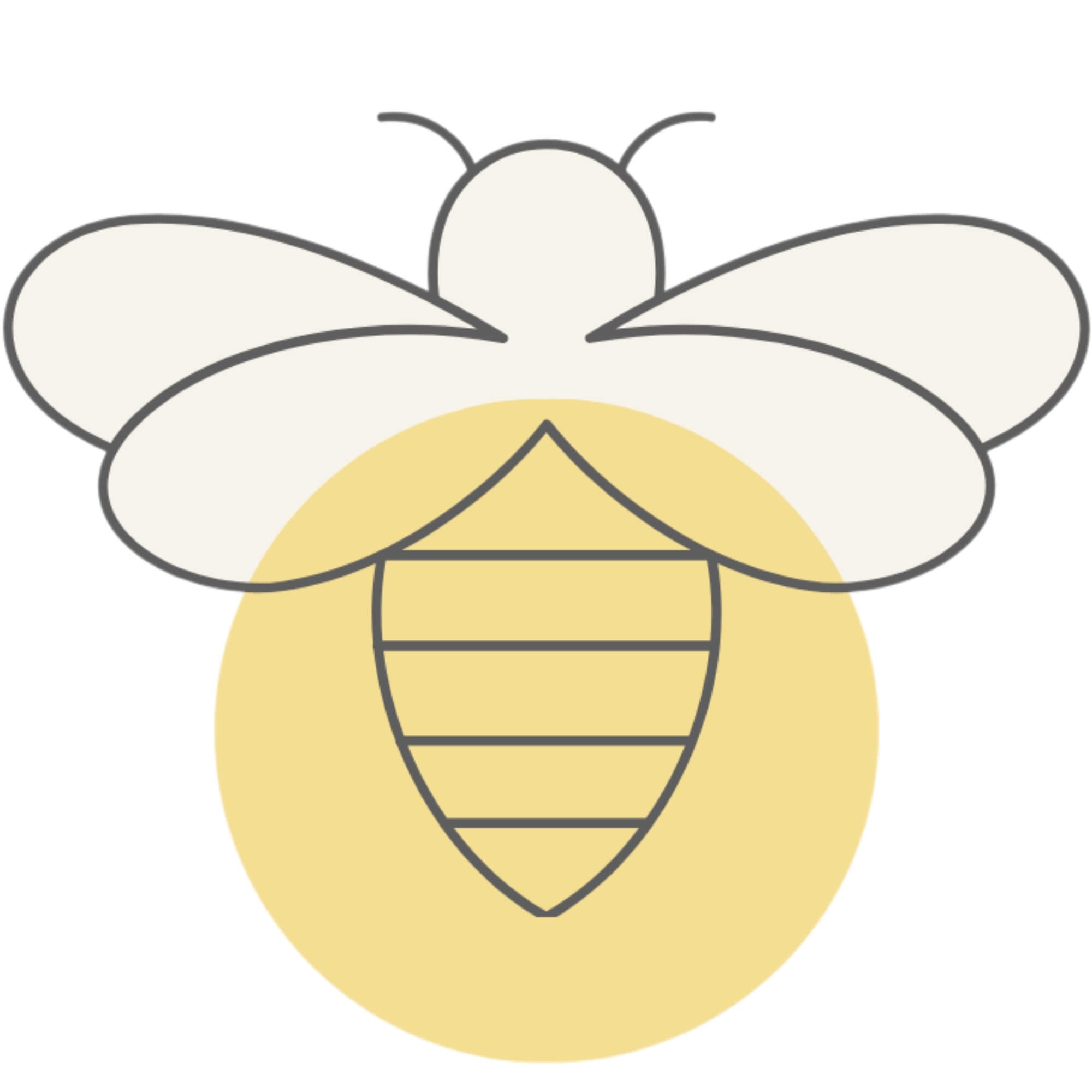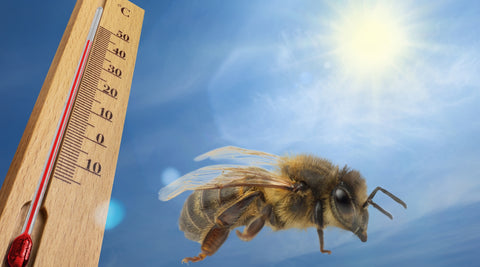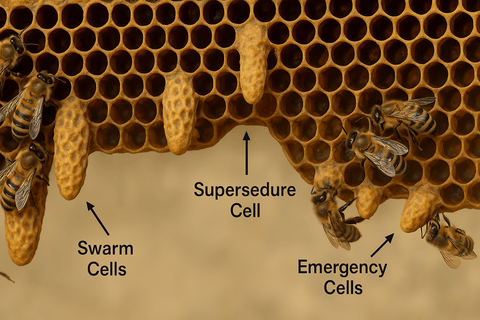The world of bees is as fascinating as it is vital to our ecosystem. Among the various types of honeybees, the Italian bee (Apis mellifera ligustica) stands out for its remarkable characteristics. Central to any bee colony's success is its queen, and the Italian bee queen is no exception. Her influence is profound, extending to the temperament and productivity of her worker bees.
The Italian Bee Queen: A Regal Matriarch
The Italian bee queen is a marvel of nature. Her primary role in the hive is to lay eggs, and she does so with remarkable efficiency. An Italian queen can lay up to 2,000 eggs per day during peak seasons, ensuring a steady supply of new workers to maintain and expand the hive. Her productivity sets the foundation for the colony's growth and resilience.
Italian queens are known for their distinctive yellow and brown coloring, making them easily recognizable among other honeybee subspecies. They are typically longer and more robust than worker bees, with a lifespan that can extend to five years, although their peak productivity generally lasts for about two to three years.
Creating a Gentle Colony
One of the standout traits of the Italian bee colony is its gentle nature. Italian bees are renowned for their docility, making them a popular choice for beekeepers, especially those who are new to the practice. This gentle temperament is largely attributed to the genetic makeup of the queen, who passes on these traits to her offspring.
The calm demeanor of Italian bees means they are less likely to sting, which not only makes managing the hive more pleasant but also lessens the likelihood of aggressive behavior towards humans and animals. This characteristic is particularly advantageous in urban beekeeping, where close interactions with people are more common.
High Productivity: A Hallmark of Italian Bees
Beyond their gentle nature, Italian bees are celebrated for their high productivity. These bees are prolific foragers, known for their efficiency in gathering nectar and pollen. Their industrious nature results in substantial honey yields, making them a favorite among commercial and hobbyist beekeepers alike.
Italian bees are also adept at maintaining strong brood patterns, which means they can quickly build up their population. This rapid growth supports their foraging activities, creating a positive feedback loop that enhances the overall productivity of the colony. Furthermore, Italian bees exhibit excellent hygienic behavior, which helps keep diseases and pests at bay, ensuring the colony remains healthy and productive.
Adaptability and Disease Resistance
Italian bees are highly adaptable to various climates, although they thrive best in temperate regions. This adaptability makes them suitable for beekeeping across diverse environments. Their ability to resist certain diseases and parasites also contributes to their popularity. While no bee is entirely immune to threats like the Varroa mite, Italian bees' hygienic behavior provides a significant advantage in maintaining colony health.
The Italian bee queen and her colony exemplify the perfect blend of gentleness and productivity. Her influence ensures the hive is populated with industrious, docile workers capable of producing abundant honey. This combination of traits makes Italian bees a preferred choice for beekeepers around the world. As we continue to understand and appreciate these remarkable insects, the Italian bee's role in sustainable agriculture and our broader ecosystem remains indispensable. Whether you are a seasoned beekeeper or a novice, the Italian bee offers a rewarding and manageable beekeeping experience.









Comments (0)
There are no comments for this article. Be the first one to leave a message!